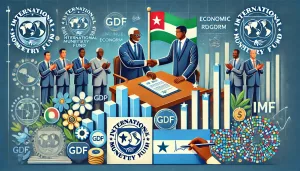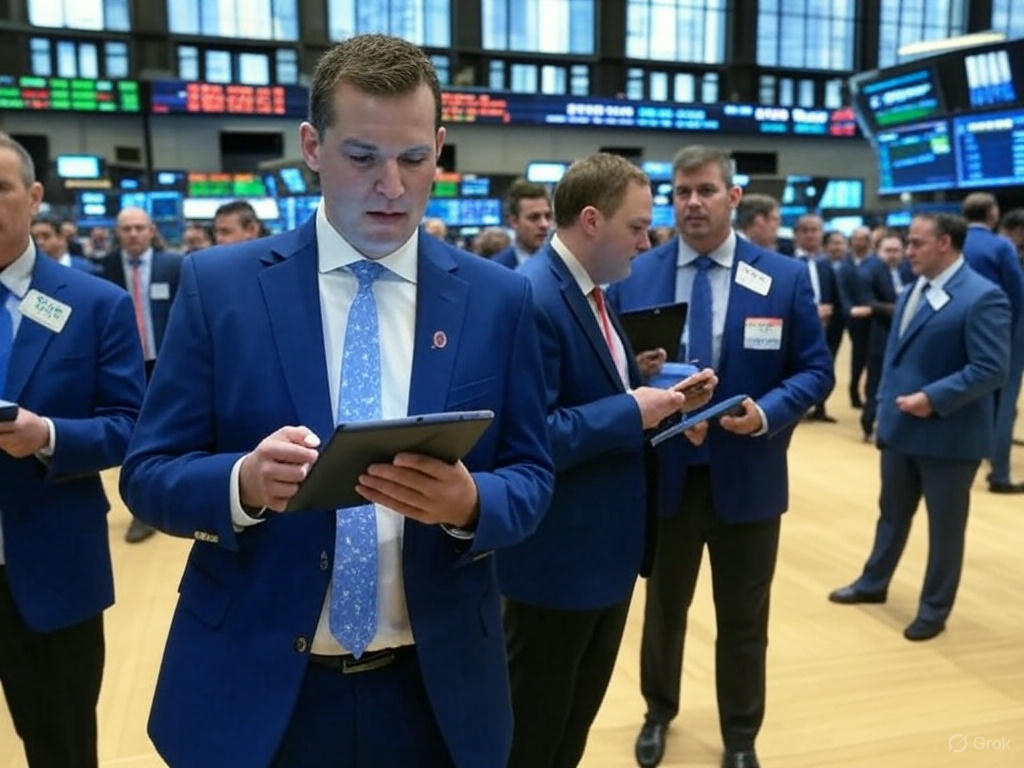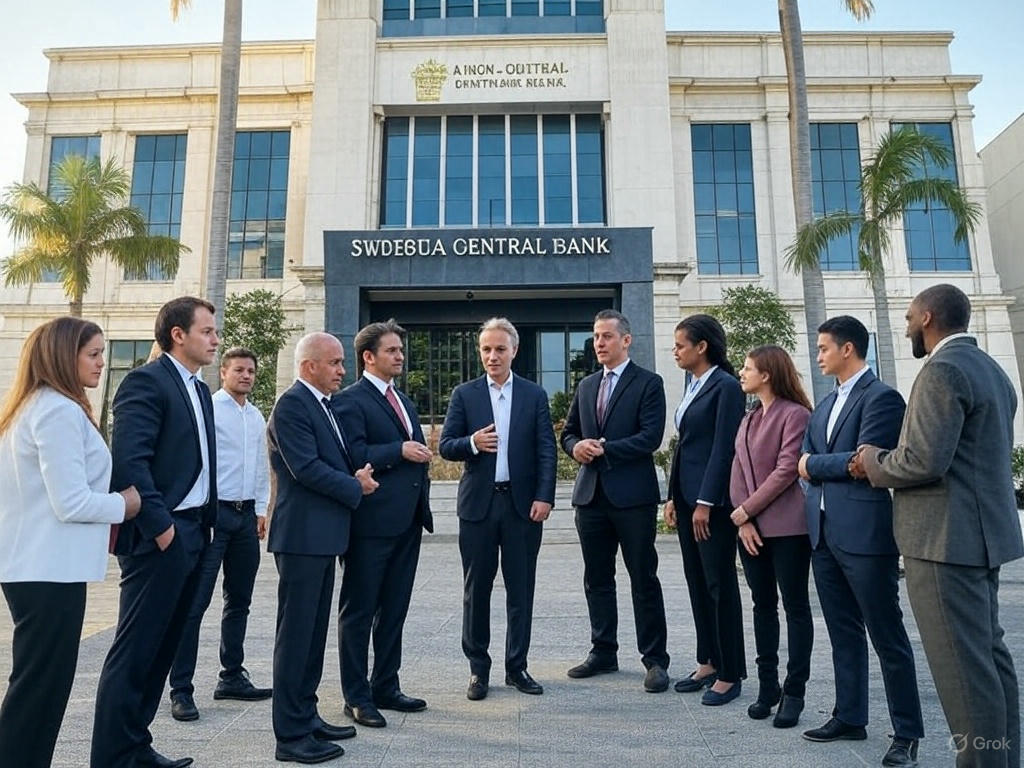The International Monetary Fund (IMF) has reached a staff-level agreement with Togo following its first review of the 42-month Extended Credit Facility (ECF)-supported program, signaling continued economic reform efforts by the West African nation. Once the agreement receives final approval from the IMF Executive Board, Togo is set to receive a disbursement of SDR 44.0 million (approximately $58.7 million).
The IMF’s latest review highlighted the country’s robust growth performance, with an estimated economic expansion of 5.6% in 2023. Growth projections for 2024-25 remain strong at 5.3%, while inflation has continued to ease, dropping to 3.6% by September 2024.
The IMF praised the Togolese government for staying on track with its economic policy program, meeting all quantitative targets and two out of three structural benchmarks by June 2024. The remaining benchmark is expected to be achieved by the end of the year, reaffirming the government’s commitment to sound economic governance and reforms aimed at enhancing revenue, controlling spending, and strengthening social support systems.

The IMF-supported government economic policy program is on track, with all quantitative targets and two out of three structural benchmarks at end-June met.
Hans Weisfeld, the IMF mission chief, commended Togo’s progress, noting that tax revenues have increased due to improved tax policies and administration. The country has also made significant strides in spending controls, contributing to a reduction in the fiscal deficit.
Weisfeld emphasized the importance of governance reforms, particularly in public procurement, and encouraged continued fiscal discipline to ensure long-term debt sustainability. The Togolese authorities have also advanced critical reforms, including the development of a biometric ID system and a Social Register to better target vulnerable populations, which could lead to more efficient and cost-effective social spending.
The IMF arrangement, approved in March 2024, aims to help Togo recover from the economic shocks brought on by the COVID-19 pandemic and global surges in food and fuel prices. The program is designed to promote inclusive growth, while safeguarding debt sustainability and minimizing fiscal and financial risks.
The second review under the IMF’s ECF program is expected to take place in early 2025.




